Plot twist: Beans aren’t the only things that can cause gas. In fact, upon researching foods that are harder for our bodies to digest, we’ve found that almost everything can bring discomfort to our bodies. However, the biggest culprits are foods that have high levels of insoluble fiber, sugars (raffinose, fructose, sorbitol, and lactose), and starches. Read on to find out what may be causing you the most gas!
1. Kale
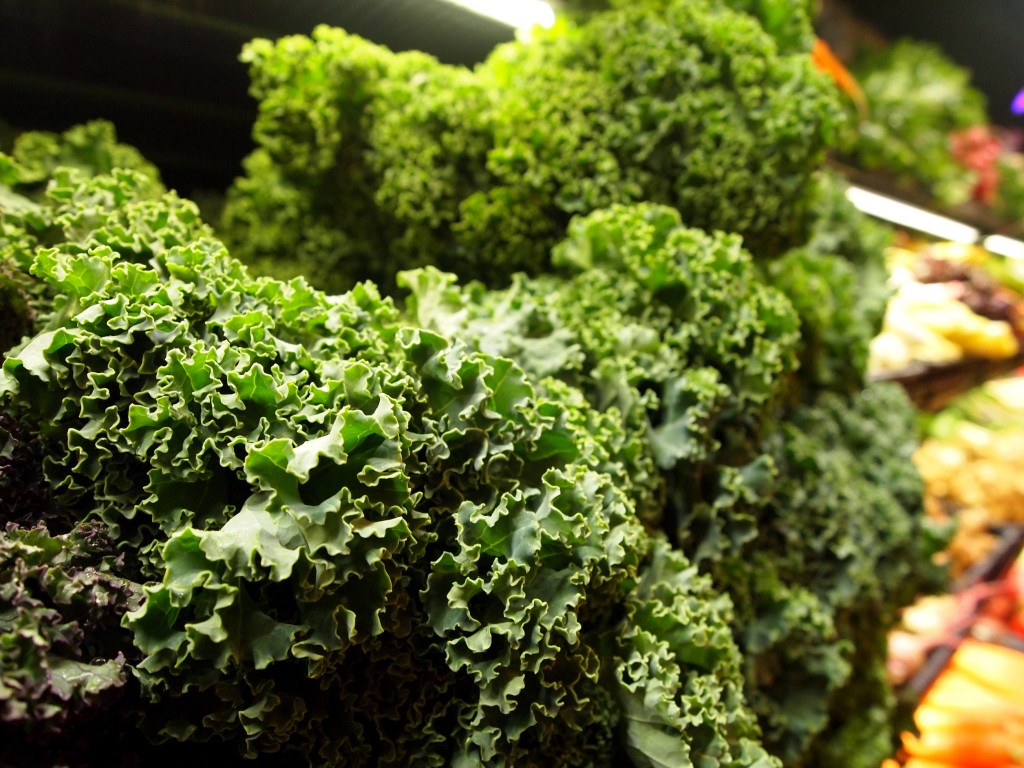
Photo by Laura Lim
Along with broccoli, cauliflower, and Brussel sprouts, kale contains high amounts of raffinose, a sugar that cannot be digested in your small intestine. Instead, it travels undigested to your large intestine, where bacteria thrive and try to break raffinose down. Any vegetable that is part of the Brassicaceae family may be something to watch out for.
2. Onions
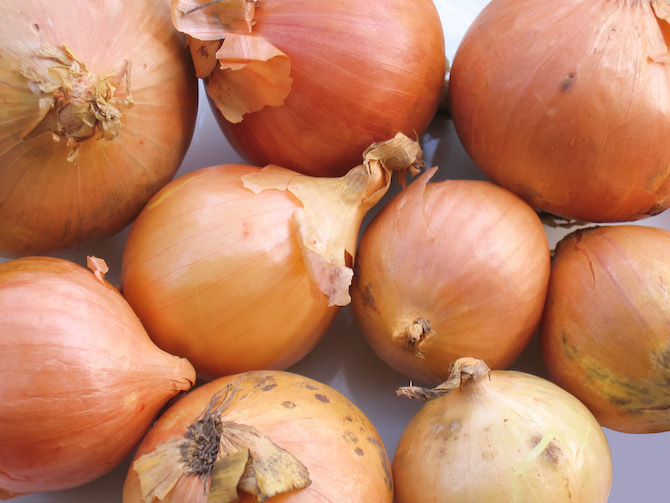
Photo courtesy of growyourownveg.net
Believe it or not, onions contain high amounts of fructose, a sugar. Fructose can be absorbed in the small intestine, but sometimes, it travels to the large intestine to be broken down by bacteria that release methane gas. Some people suffer from fructose intolerance, so onions might just be something to consume in careful amounts.
3. Apples
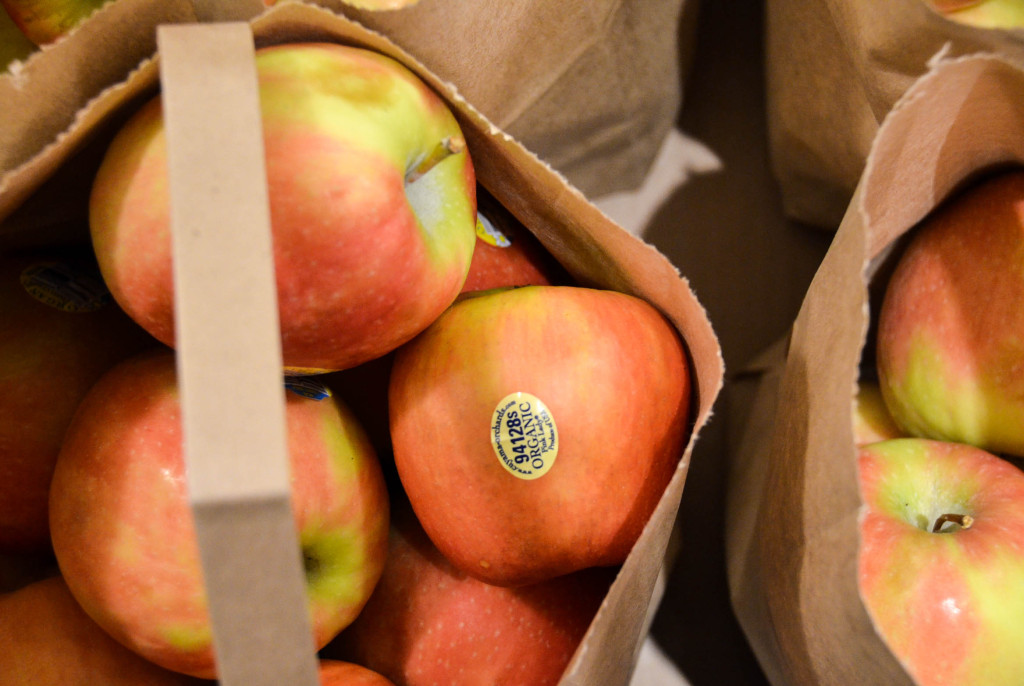
Photo by Jocelyn Hsu
An apple a day may keep the doctor away, but it definitely won’t keep the gas away! Apples are known for their nutrients and high fiber content, but they also contain high amounts of fructose and sorbitol, which most people cannot digest easily.
According to SF Gate, approximately 80 percent of the fiber found in apple flesh is soluble. Soluble fiber absorbs water and ferments in the colon, which produces gas, so too much fiber can also cause discomfort. Maybe it’s half an apple that’ll keep the doctor away?
4. Prunes
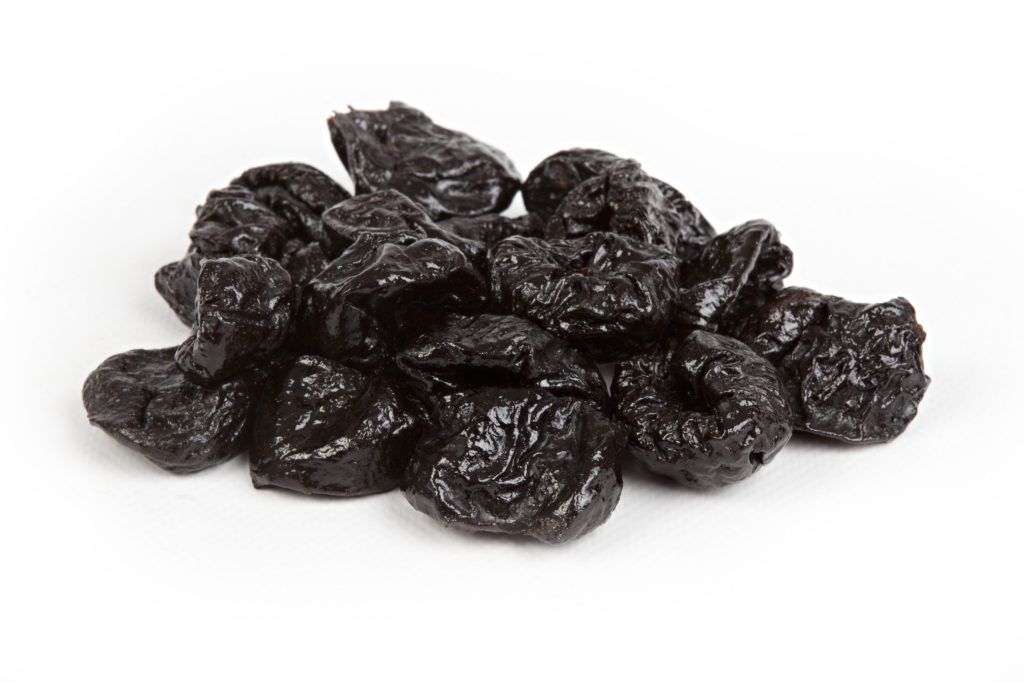
Photo courtesy of chelmerfoods.com
Prunes (and prune juice) are great for combatting constipation because of their high fiber content. The insoluble fiber brings water into your stool and helps make bowel movement easier. Of course, too much fiber isn’t great, but the catch here is sorbitol.
Sorbitol does not get broken down in the small intestines; it retains water instead. However, large sorbitol content and high water retention can cause diarrhea, gas, and abdominal pain. Because prunes have both high amounts of fiber and sorbitol, you should especially watch your intake if you’re just adding them to your diet.
Other fruits with high levels of sorbitol include peaches, apricots, pears, and raisins.
5. Whole grains
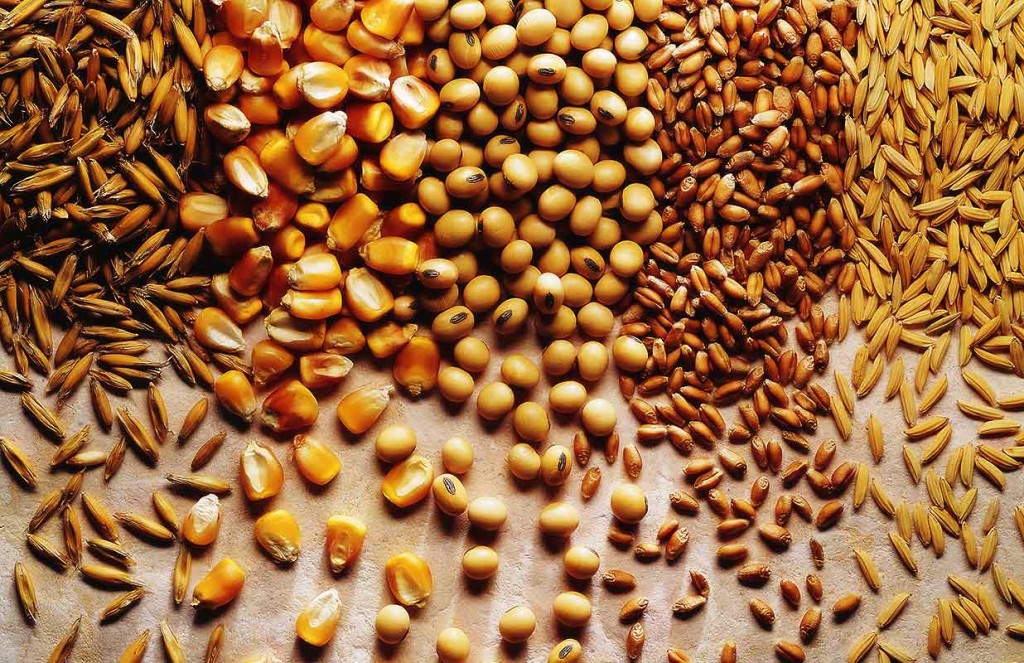
Photo courtesy of www.qcgsys.com
Whole grains contain lots of fiber, which can be great for your body, but if you’re feeling gassy from oatmeal, whole grain bread, and the like, you might want to reconsider how much you consume. This isn’t to say you shouldn’t eat whole grains, because they actually make your gut healthier and more active. Just be careful if you’ve recently amped up on whole grains in your diet.
6. Dairy products
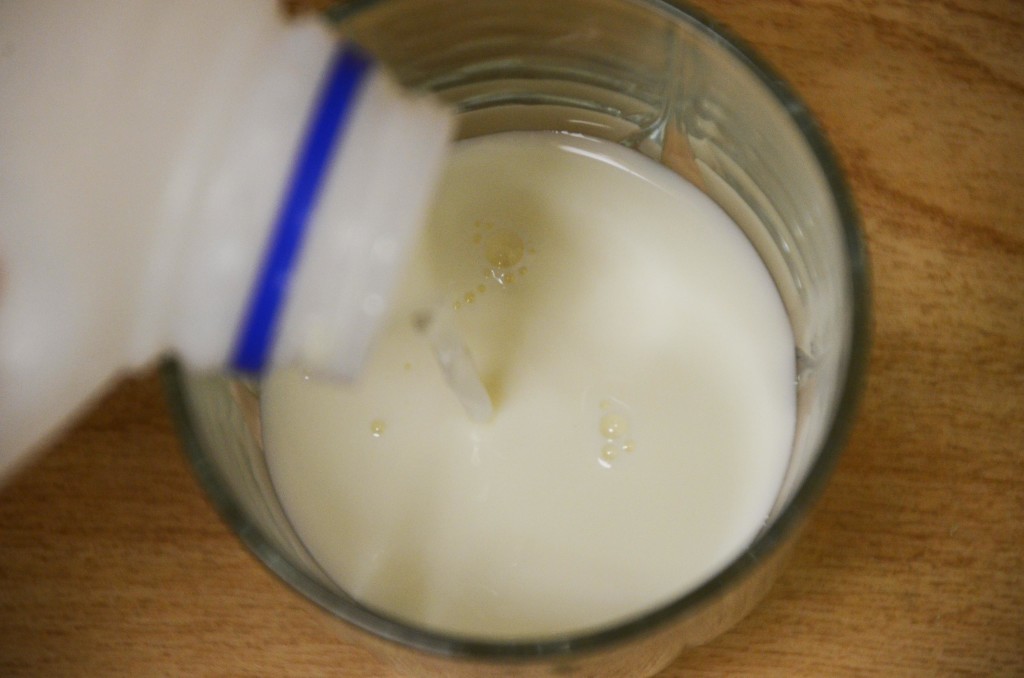
Photo by Smita Jain
No, you do not need to be lactose intolerant to feel gassy because of dairy. Lactose is considered a complex carbohydrate, which can be harder for your body to break down. However, if you find yourself consistently making trips to the bathroom after consuming dairy, you should probably invest in lactase pills or stay away from dairy altogether.
It seems like just about everything, even healthier foods, cause gas. But here’s the good news: it’s healthy for our bodies to be gassy. It’s just part of our digestive system and how we process food. No need to be scared!

Gif courtesy of alessia1995.tumblr.com
To reduce gassiness and help your body adjust, start off by eating smaller amounts of the foods that are causing you gas and slowly build up. Digestive enzymes can also be helpful because they provide your body with extra mechanisms that aid in breaking down food. Remember, balance is the key here. Of course, don’t forget to stay hydrated with water!




